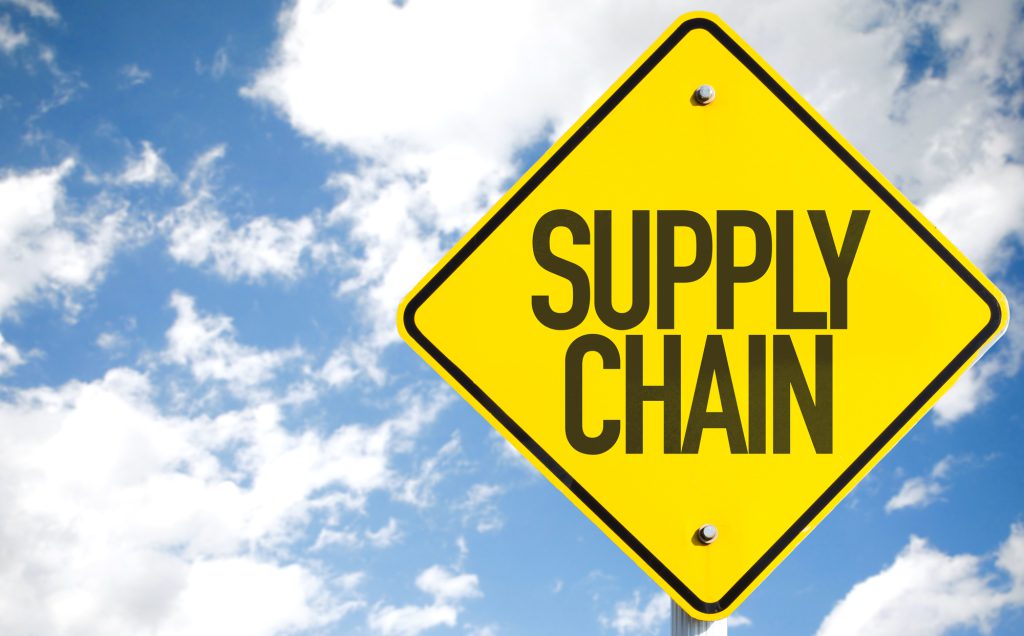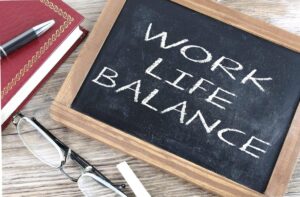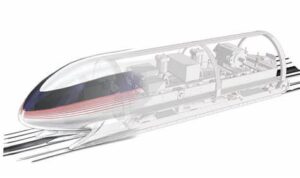Examine key strategies and best practices for improving your integrated supply chain and empower your organization to achieve supply chain synergy & operational excellence!
In today’s global and interconnected business landscape, organizations recognize the critical importance of building and optimizing an integrated supply chain. An integrated supply chain ensures seamless coordination and collaboration among various stakeholders, streamlining processes, reducing costs, and enhancing customer satisfaction. In this article, we will explore key strategies and best practices for improving an integrated supply chain, empowering organizations to achieve supply chain synergy and drive operational excellence.
Develop a Clear Supply Chain Strategy
Improving an integrated supply chain begins with developing a clear and well-defined supply chain strategy aligned with overall business goals. Analyze market dynamics, customer demands, and competitive landscape to identify strategic objectives. Define the role of the supply chain in achieving these objectives, whether it be cost leadership, responsiveness, or product differentiation. A clear strategy serves as a guiding framework, providing direction and focus for supply chain improvement efforts.
Foster Collaboration and Communication
Collaboration and effective communication are fundamental to improving an integrated supply chain. Build strong relationships and establish open lines of communication with suppliers, distributors, and other key partners. Share information, insights, and forecasts to ensure visibility and alignment throughout the supply chain network. Implement collaborative platforms and technologies to facilitate real-time communication, data sharing, and decision-making. By fostering collaboration and communication, organizations can enhance coordination and responsiveness across the supply chain.
Optimize Inventory and Demand Planning
Effective inventory and demand planning are both vital to achieving supply chain efficiency. Implement demand forecasting techniques to anticipate customer needs and align production and procurement accordingly. Utilize advanced inventory management tools and technologies to optimize inventory levels, reduce stockouts, and minimize holding costs. Collaborate closely with suppliers to implement vendor-managed inventory (VMI) or collaborative planning, forecasting, and replenishment (CPFR) approaches. By optimizing inventory and demand planning, organizations can achieve a lean and responsive supply chain.
Embrace Technology and Automation
Leveraging technology and automation is key to improving an integrated supply chain. Implement supply chain management (SCM) software to streamline processes, enhance visibility, and facilitate data-driven decision-making. Utilize enterprise resource planning (ERP) systems to integrate operations, finance, and logistics functions. Embrace automation technologies such as robotics, Internet of Things (IoT), and artificial intelligence (AI) for improved efficiency, accuracy, and productivity. By embracing technology and automation, organizations can drive supply chain optimization and achieve better overall performance.
Implement Lean and Continuous Improvement Practices
Adopting Lean principles and fostering a culture of continuous improvement is vital for improving an integrated supply chain. Apply Lean methodologies, such as just-in-time (JIT) production and Lean Six Sigma, to eliminate waste, reduce lead times, and improve process efficiency. Encourage cross-functional teams to identify bottlenecks, suggest process enhancements, and implement Lean practices. Embrace a data-driven approach by collecting and analyzing performance metrics to identify improvement opportunities. By embracing Lean and continuous improvement practices, organizations can drive supply chain optimization and achieve operational excellence.
Enhance Supplier Relationship Management
Effective supplier relationship management (SRM) is critical to improving an integrated supply chain. Establish strong relationships with key suppliers based on trust, transparency, and mutual value creation. Develop performance metrics and key performance indicators (KPIs) to measure supplier performance and hold regular performance reviews. Collaborate with suppliers to drive innovation, improve quality, and reduce lead times. Implement supplier development programs and engage in joint continuous improvement initiatives. By enhancing SRM, organizations can foster supplier collaboration, drive efficiency, and achieve better supply chain integration.
Embrace Risk Management and Resilience
Supply chain disruptions can significantly impact integrated supply chains. Therefore, organizations should embrace risk management and build resilience. Conduct risk assessments to identify potential vulnerabilities and develop contingency plans for various scenarios. Diversify suppliers and create backup plans to mitigate the impact of disruptions. Leverage supply chain analytics and real-time visibility tools to monitor and manage risks proactively. By embracing risk management and resilience, organizations can enhance supply chain agility and maintain business continuity.
Improving an integrated supply chain is a strategic imperative for organizations seeking to enhance operational efficiency, reduce costs, and meet customer expectations. By developing a clear supply chain strategy, fostering collaboration and communication, optimizing inventory and demand planning, embracing technology and automation, implementing Lean and continuous improvement practices, enhancing supplier relationship management, and embracing risk management and resilience, organizations can achieve supply chain synergy and drive operational excellence. The journey toward an improved integrated supply chain requires commitment, collaboration, and a relentless pursuit of optimization. With an optimized and integrated supply chain, organizations can achieve agility, responsiveness, and a competitive edge in today’s dynamic business environment.
The Perfect Planner Team is here if you have any questions about integrated supply chains, and we offer a free consultation service. If you would like to connect with us on this article or any other topic, please message us on LinkedIn, shoot us an email at info@perfectplanner.io, visit our website at www.perfectplanner.io, or give us a call at 423.458.2979.
Author: Thomas Beil
Publication Date: August 24, 2023
© Copyright 2023 Perfect Planner LLC. All rights reserved.






